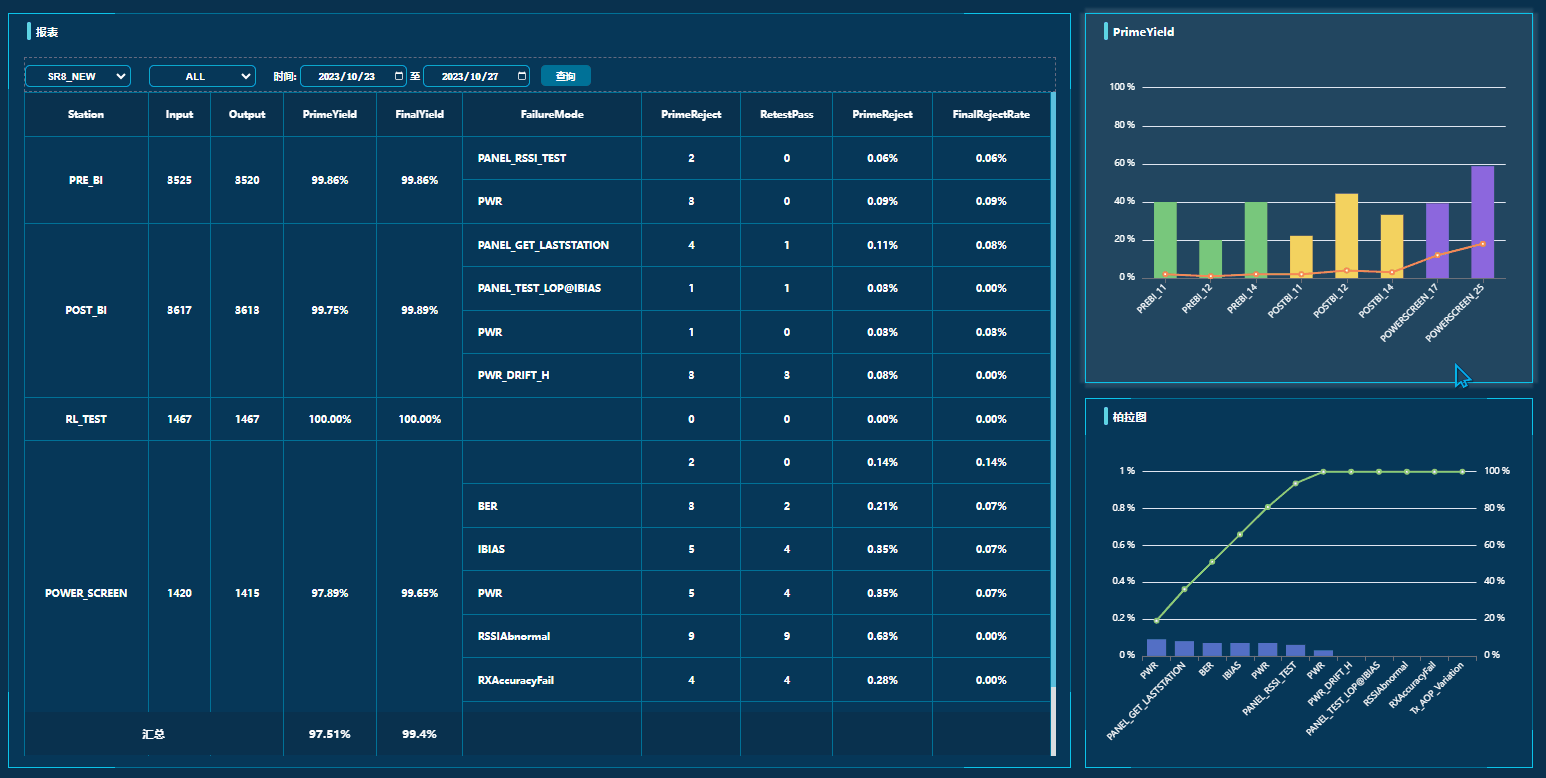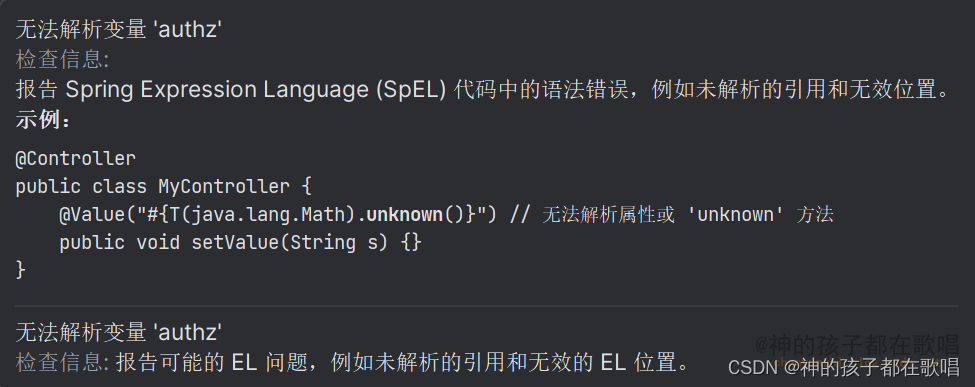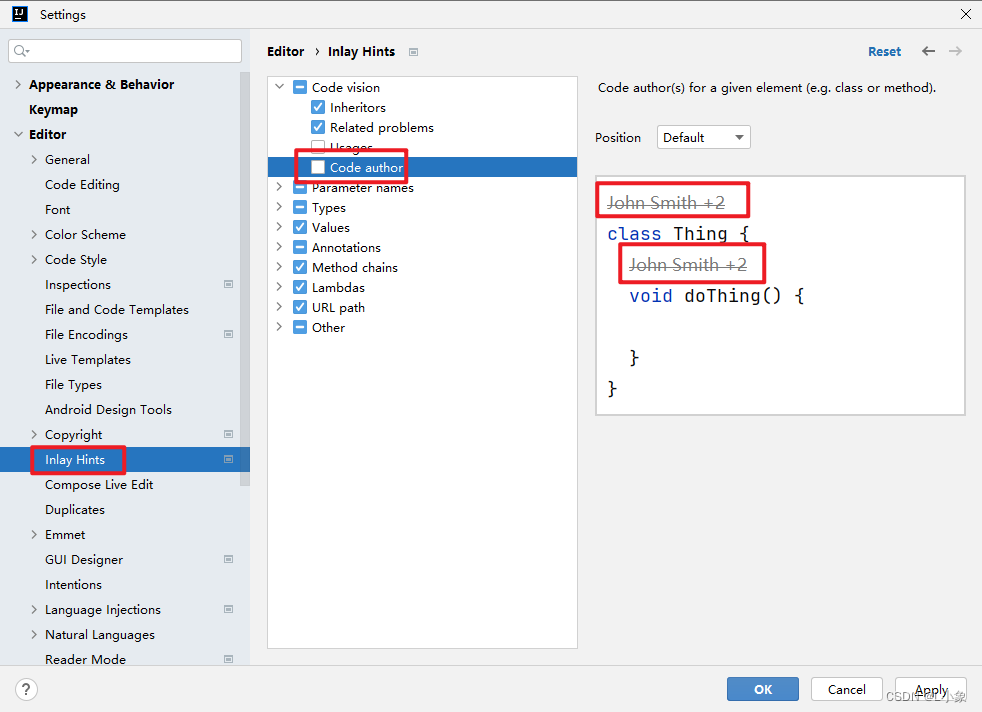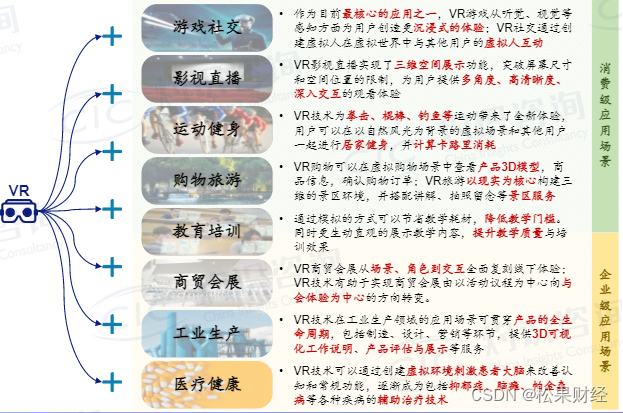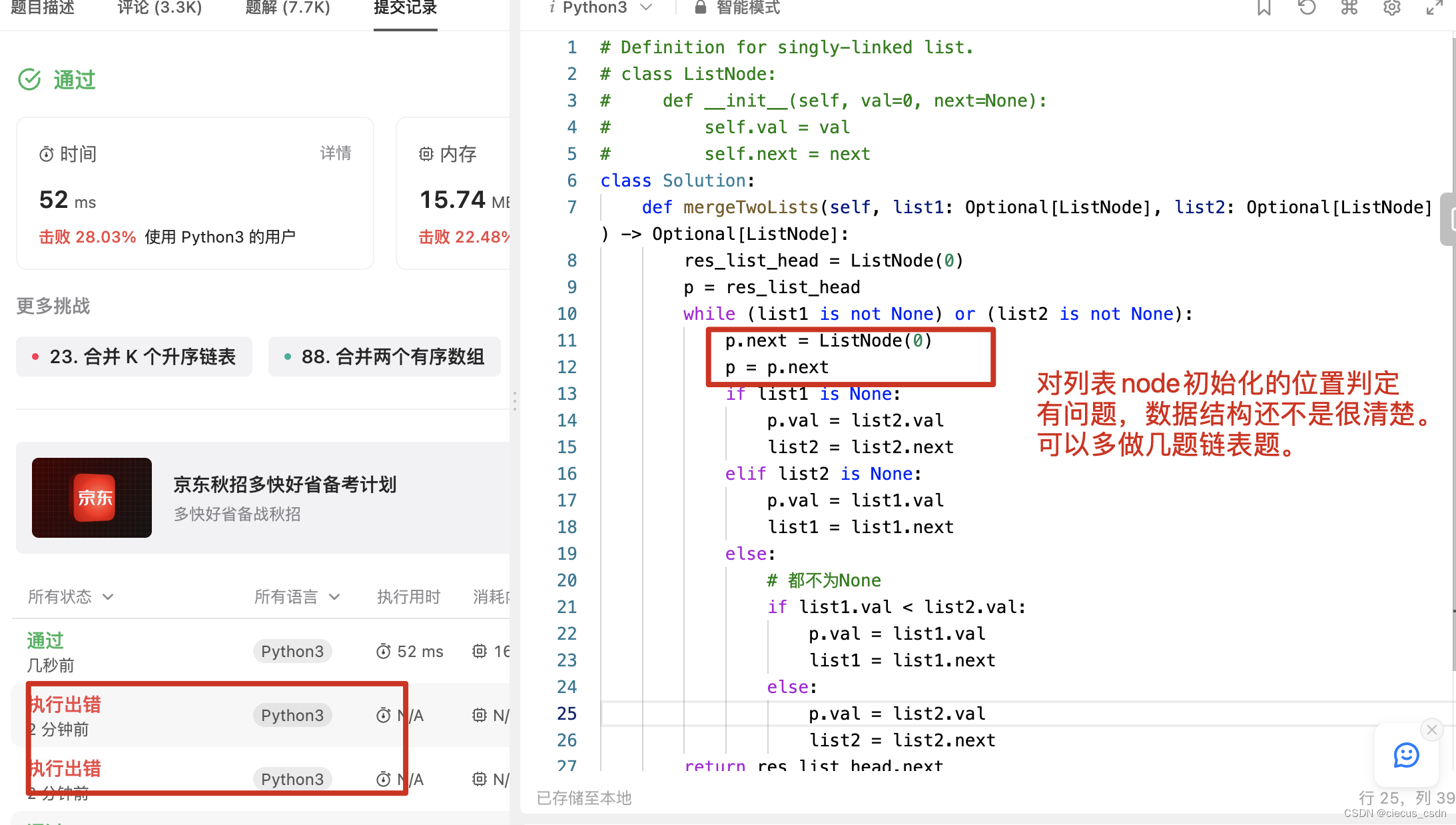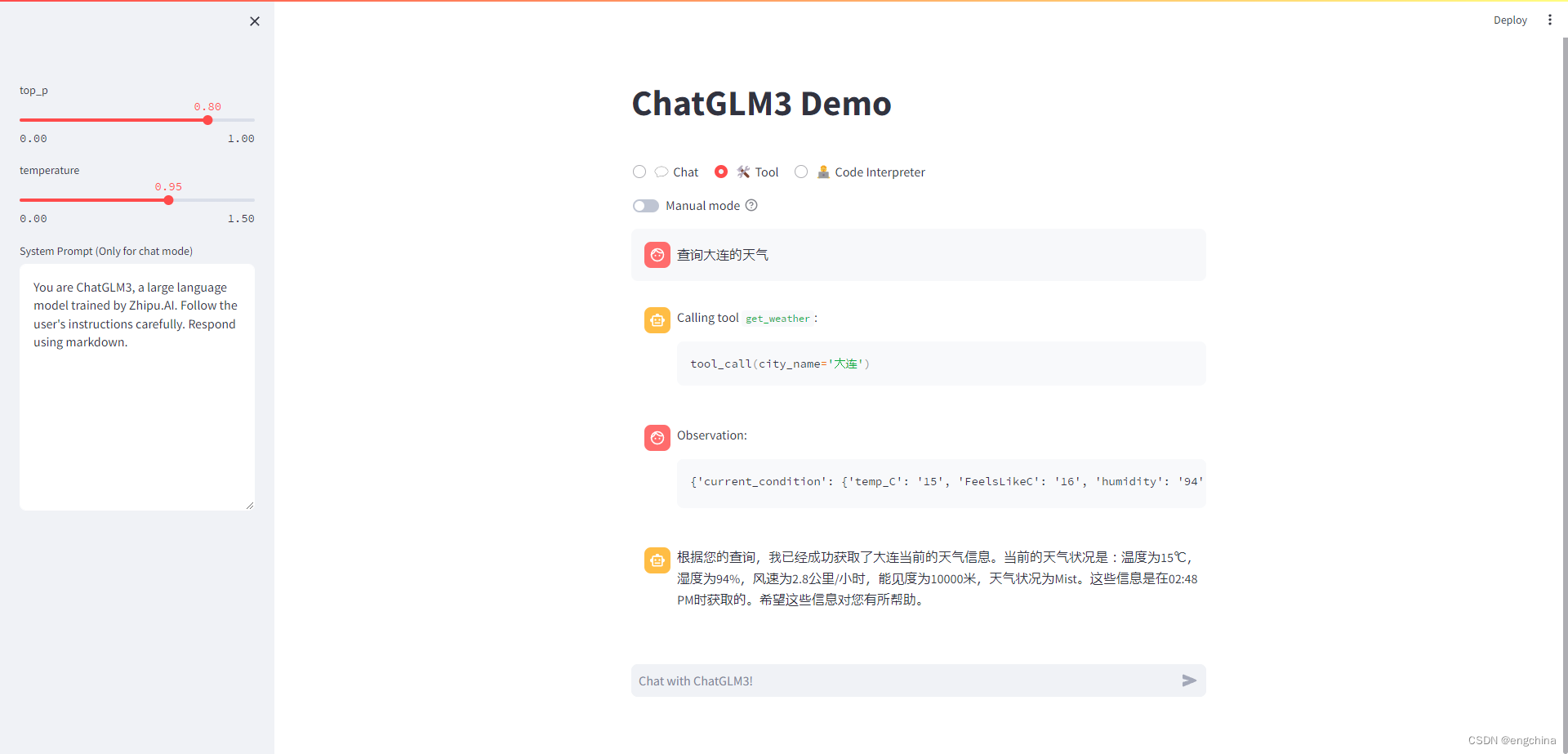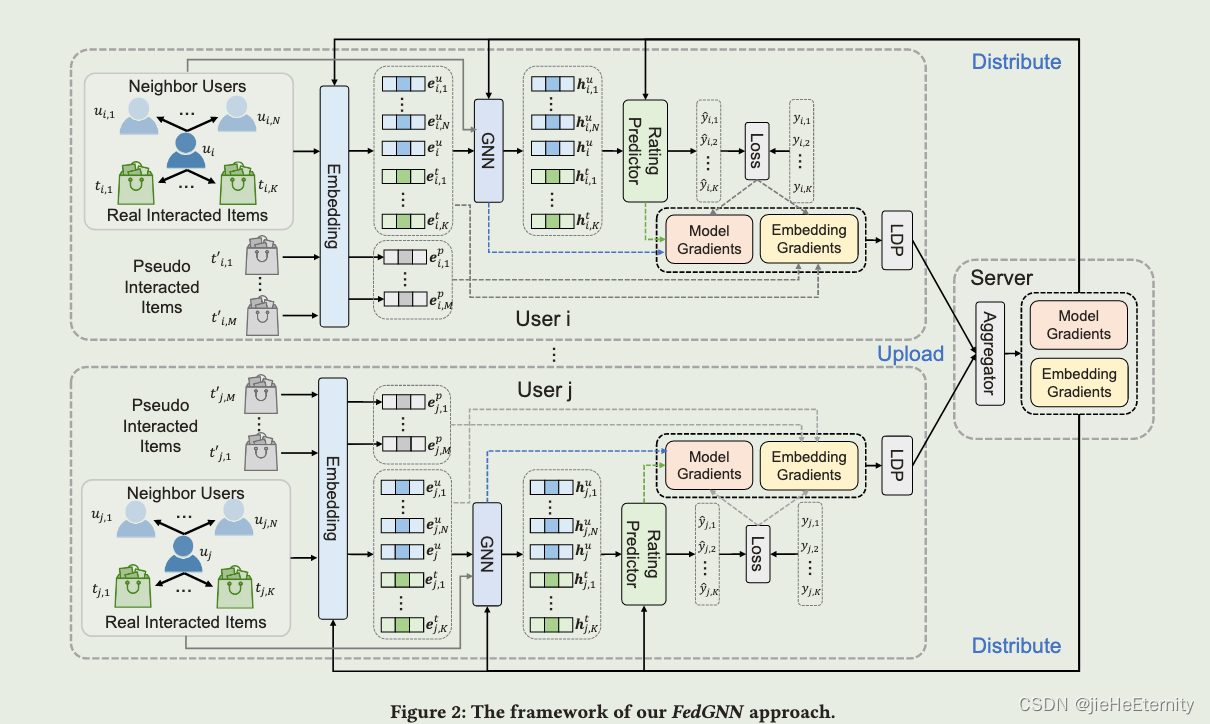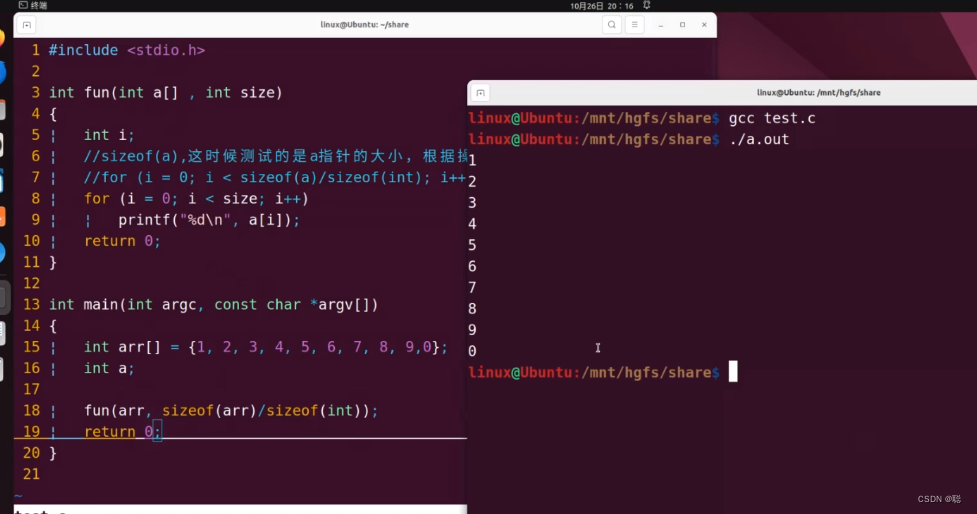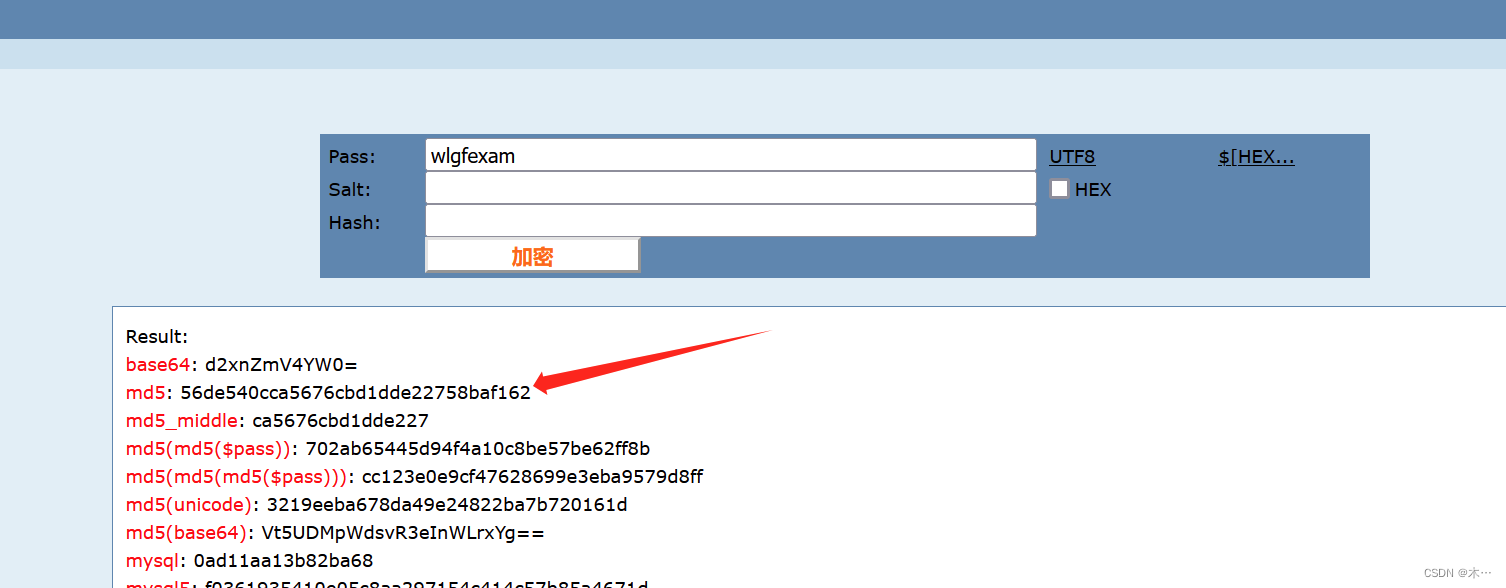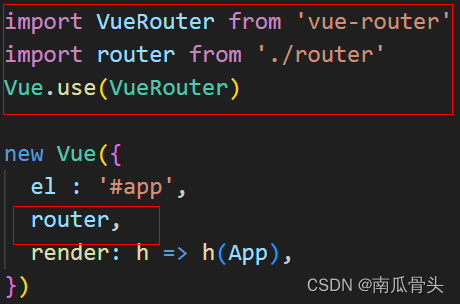系列文章目录
文章目录
- 系列文章目录
- 前言
- 一、省略的十五种情况
- 1.并列复合句中某些相同成分的省略
- 2.在用when, while, if, as if, though, although, as ,until, whether等连词引导的状语从句中,如果谓语有be,而主语又跟主句的主语相同或是(从句主语是)it时,则从句的主语和be常可以省略
- 3.在than, as, no matter what(who)等分句后面常省略某些成分
- 4.在know,think,consider,suppose,find,believe,say,decide等动词后面所接的宾语从句中常省略连接词that
- 5.在限定性定语从句中,作宾语用的关系代词whom,which,that常常可以省略;在以the same…as或such…as引出的某些定语从句中,也可以省略与主句相同的成分
- 6.在以there is 开头的句子中,修饰主语的同位语从句的连接词常常可以省略,修饰主语的定语从句的关系代词作主语,有时可以省略
- 7.祈使句,感叹句,部分问句和部分第一人称陈述句省略成分情况
- 8.用 so,not或其他手段来代替上文或问句中的一部分或整个句意
- 9.在某些动词后面的宾补或主补中可将to be省略
- 10.在“the+比较级… the+比较级…”结构中可省略be或there be
- 11.某些动词在接that从句时不用与之搭配的介词要省略
- 12.用to表示前述动词不定式时常省略其后有关成分
- 13.在某些虚拟语气的句子中可以省略should
- 14.在用 so+that连接的从句中常省略so或that
- 15.省略in的几个固定结构
- 二、阅读中遇到的省略情况,敬请期待
前言
一、省略的十五种情况
1.并列复合句中某些相同成分的省略
He often regards English as easy and (He often regards) French as difficult.他常把英语看作是容易学的,而法语是难学的。
This happened and (it was)a good thing too, for it helped us to find out our shortcomings.这件事情发生了,但也是好事,因为它帮助我们找到我们自己的缺点。
In our class boys like sports, while girls do not(like sports)我们班的男生喜欢运动,而女生不喜欢。
2.在用when, while, if, as if, though, although, as ,until, whether等连词引导的状语从句中,如果谓语有be,而主语又跟主句的主语相同或是(从句主语是)it时,则从句的主语和be常可以省略
When (water is) heated, water is turned into vapour.水加热时变成气体。
Wood gives much smoke, while (wood is)burning木头燃烧时放出很多烟。
Mistakes, if (there are)any, should be corrected.如果有什么错误,就应当改正。
When(I am ) in trouble, I always ask her for help.我有困难时总找她帮忙。
He works very hard though (he is)still rather weak.他尽管身体弱,当让十分努力工作。
Please write to me as often as(it is ) possible请常来信。
When(it is ) necessary you can help us to do something.必要时,你可以帮我们做点事情。
He made up his mind to finish the task whether (it was)difficult or not这个任务不论困难与否,他都决心干完。 Whether 可以引导状语从句
3.在than, as, no matter what(who)等分句后面常省略某些成分
no matter what(who) 也是引导状语从句,让步状语从句比较特殊的连接词
They don’t use more water than(it is) necessary 他们使用的水没有超出需要量。
I am taller than he( is tall)我比他高。
He speaks English better than I(speak English)他英语说得比我好。
This book is as interesting as that one(is).这本书和那本一样有趣。
Anyone,no matter who(he is ),may point out our mistakes.不管是什么人,都可以指出我们的错误。
4.在know,think,consider,suppose,find,believe,say,decide等动词后面所接的宾语从句中常省略连接词that
I think (that)I will accept that job.我想我会接受这份工作。
I believe(that)I can do it.我相信我能做到的。
5.在限定性定语从句中,作宾语用的关系代词whom,which,that常常可以省略;在以the same…as或such…as引出的某些定语从句中,也可以省略与主句相同的成分
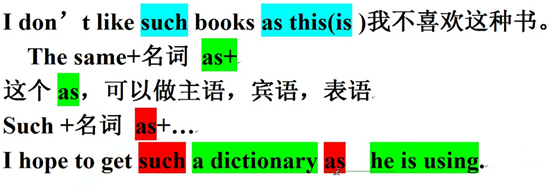




This is one of the best films(that) I’ve ever seen.这是我看过的最好的电影之一。
She is the girl (whom)he wants to see 她就是他想见的女孩。
I don’t like such books as this(is ) 我不喜欢这种书。
6.在以there is 开头的句子中,修饰主语的同位语从句的连接词常常可以省略,修饰主语的定语从句的关系代词作主语,有时可以省略
There is a chance (that) he will be able to be back for New Year’s Day.他也许能回来过元旦。(同位语从句)
There is possibility (that) we’ll go;it all depends on the weather. 我们可能去,但要看天气而定。(同位语从句)
There is a table (that) stands in the corner.墙角处放着一张桌子。(定语从句,that作从句的主语)
7.祈使句,感叹句,部分问句和部分第一人称陈述句省略成分情况
1)祈使句通常省略主语you
Close the window!关窗!
Don’t be shy!不要害羞!
注意,如果要强调主语,也可以把主语说出来。如:
You read the text!你读一下课文!
2)感叹句
What a wide river (it is)!多宽的河啊!
How beautiful (you are) !多美丽啊!
3)部分问句
Right?对吗?
Why not?为什么不呢?
Why so?为什么这样呢?
What next?下一步是什么?
So what?那有怎么样?
(Is there)Anybody willing to go?谁愿意去啊?
Anything special happened?有什么特别的事情发生吗?
4)部分第一人称陈述句
Glad to see you(省略I am )很高兴见到你。
Nice to meet you again(省略it is)很高兴再次见到你。
8.用 so,not或其他手段来代替上文或问句中的一部分或整个句意
-can he do this work?他能做这件工作吗?
-I think so(=I think he can do it)我觉得可以。
She may not be free today, if so, you won’t see her 她今天可能没有空,如果这样,你就见不到她了。
-can you do this work?你能做这个工作吗?
-I am afraid not.我怕不行。
I am afraid I can’t do this work
-will they put you to any trouble in the matter?他们不会因此事为难你吧?
-I hope not.我希望不会
-did you know anything about it?这件事情,你以前知道吗?
-not until you told me.你告诉我,才知道。
9.在某些动词后面的宾补或主补中可将to be省略
形容词可以做宾补
These books are thought (to be) very valuable.人们认为这些书很有价值。
They found the answer(to be) correct.他们认为答案是正确的
10.在“the+比较级… the+比较级…”结构中可省略be或there be
The richer , the better 越有钱越好
The richer you are, the better you are
The higher the temperature (is),the greater the pressure( is).温度越高,压力越大。
In studying English, the more practice (there is),the better (it is). 学习英语,练习越多越好。There be也省掉
11.某些动词在接that从句时不用与之搭配的介词要省略
He insists upon carrying out the test.他们坚持进行这个测试。
We insist (upon it )that the old workers have rich experience in practice.他们坚持说老工人有丰富的实践经验。
We agree upon the plan我们同意这个计划。
We agreed (upon) that it was a mistake.我们一致认为,这是一个错误。
12.用to表示前述动词不定式时常省略其后有关成分
Nothing can stop him from sleeping when he wants to (sleep)当他想睡觉的时候,没有什么能阻止他睡觉。
You may go home if you like(to)你如果想回家就可以回家。
13.在某些虚拟语气的句子中可以省略should
I suggest that he (should) study more English before going abroad.我建议他出国前多学点英语。
It will be better that we (should) hold a meeting next week.最好我们下周开一次会。
It is important that we (should) study science and technology.学习科学技术是非常重要的。
14.在用 so+that连接的从句中常省略so或that
Something may be wrong( so) that the machine has stopped running.可能有什么东西出了毛病,结果机器停止了运转。
We are so tired,(so) that we’d better hurry home.我们很累,所以我们还是赶快回家吧。
15.省略in的几个固定结构
Spend……(in) doing sth (花…时间做某事) be busy (in) doing sth(忙于做某事) have difficulty/trouble (in) doing sth.(做某事有困难)
I spent six months writing this textbook.我花了六个月写这本书。
They are busy painting the wall.他们忙着刷墙。
We have trouble carrying out the project.我们实行这个项目有困难。
